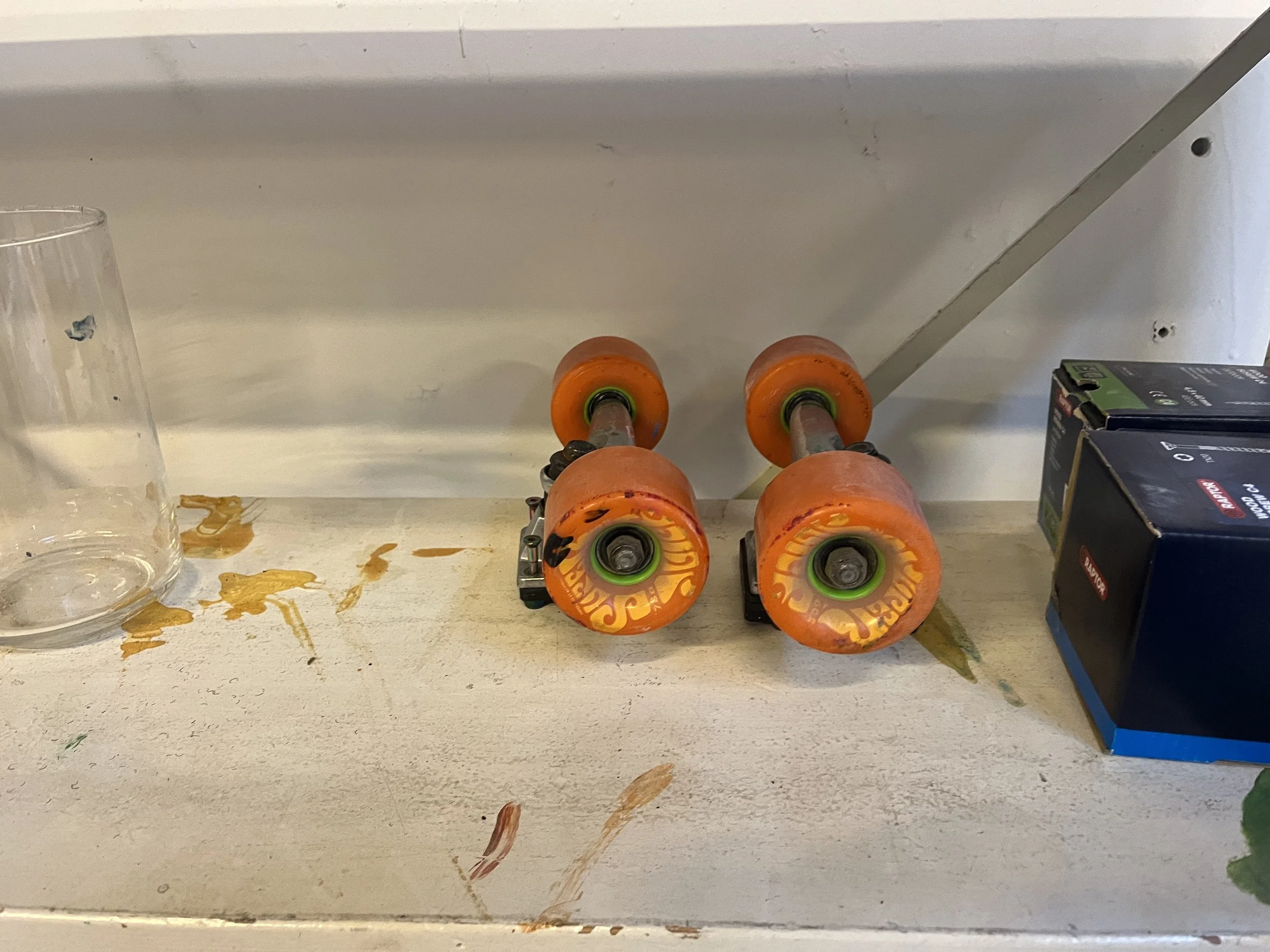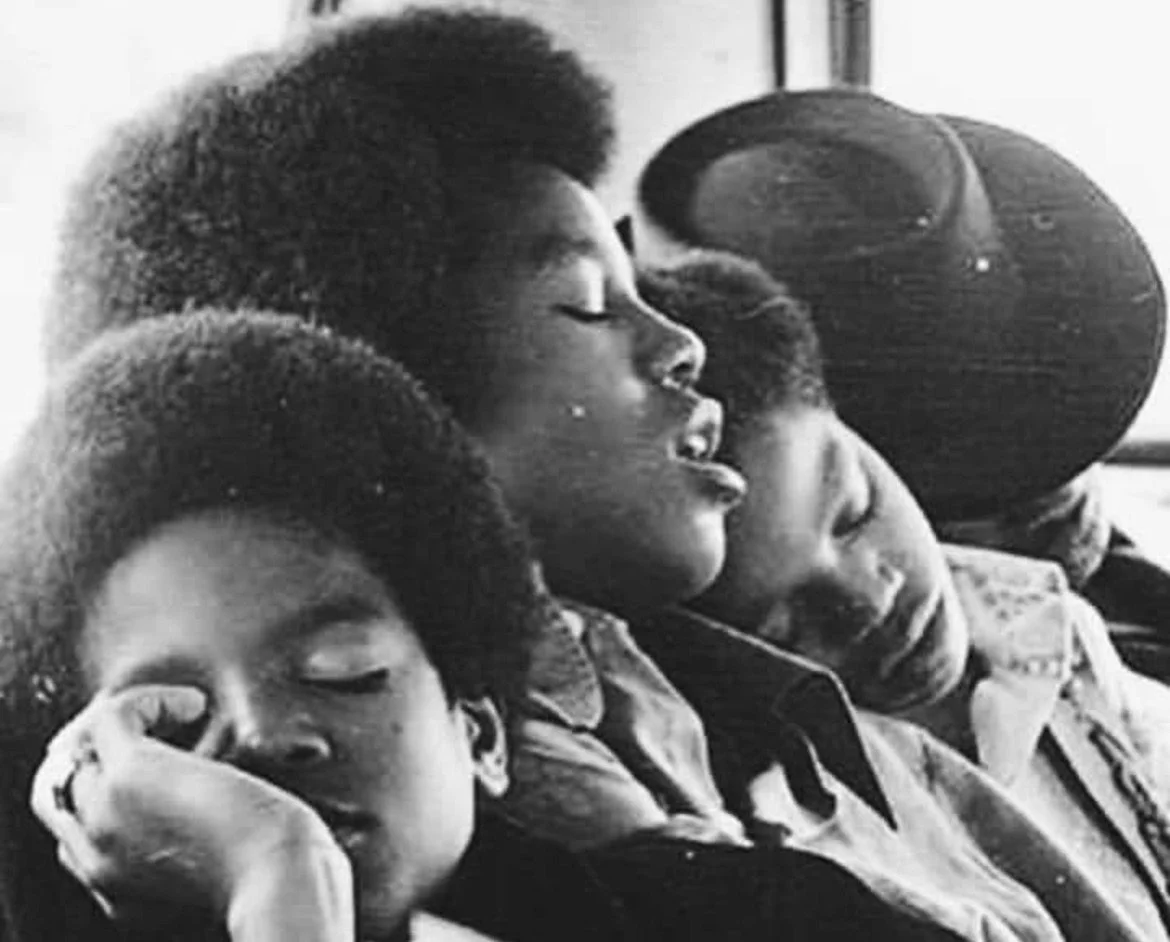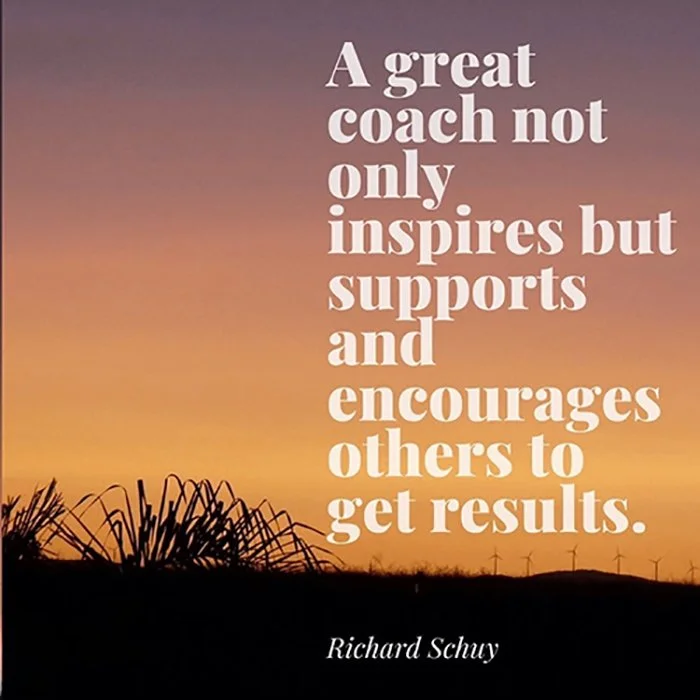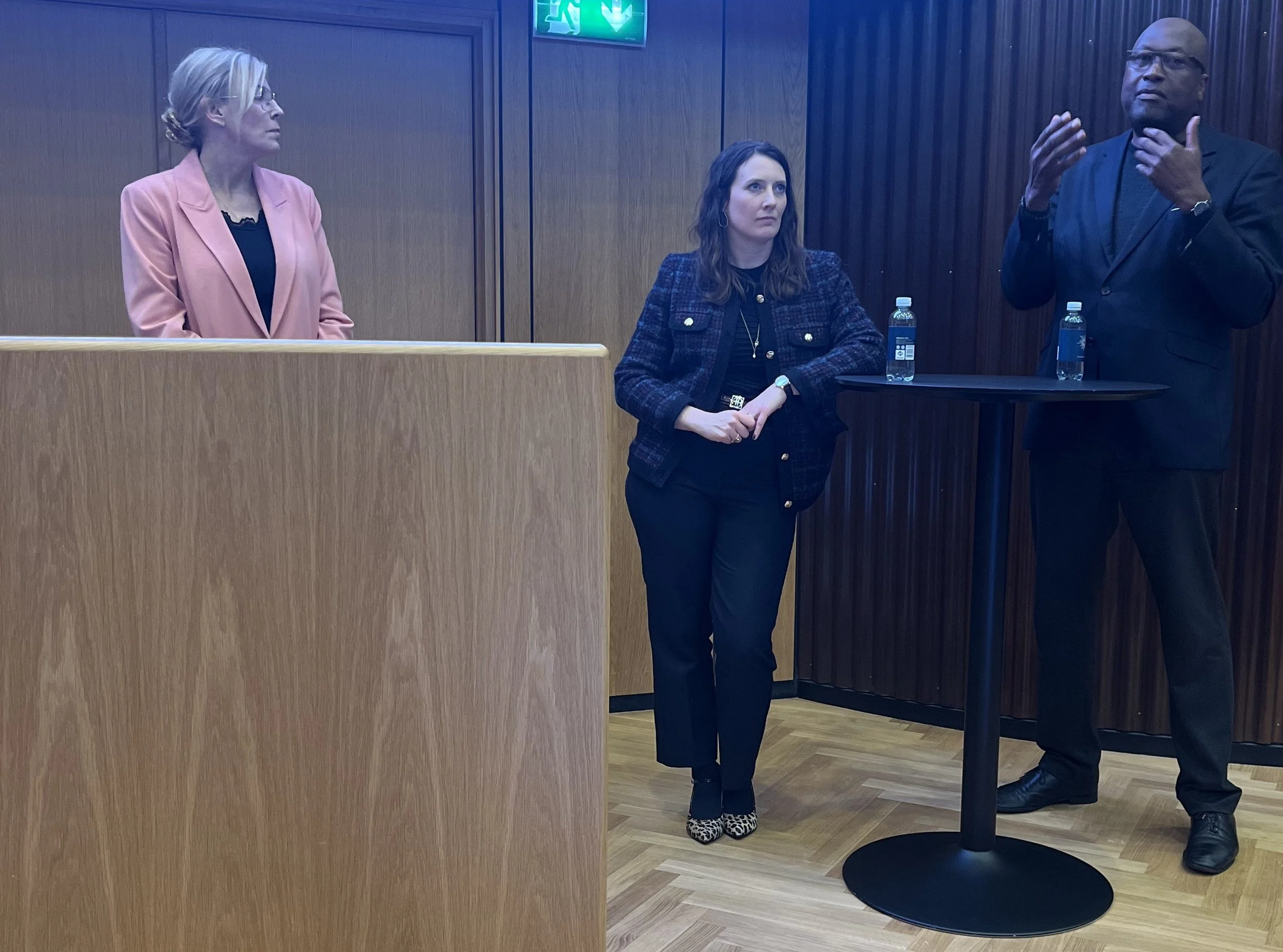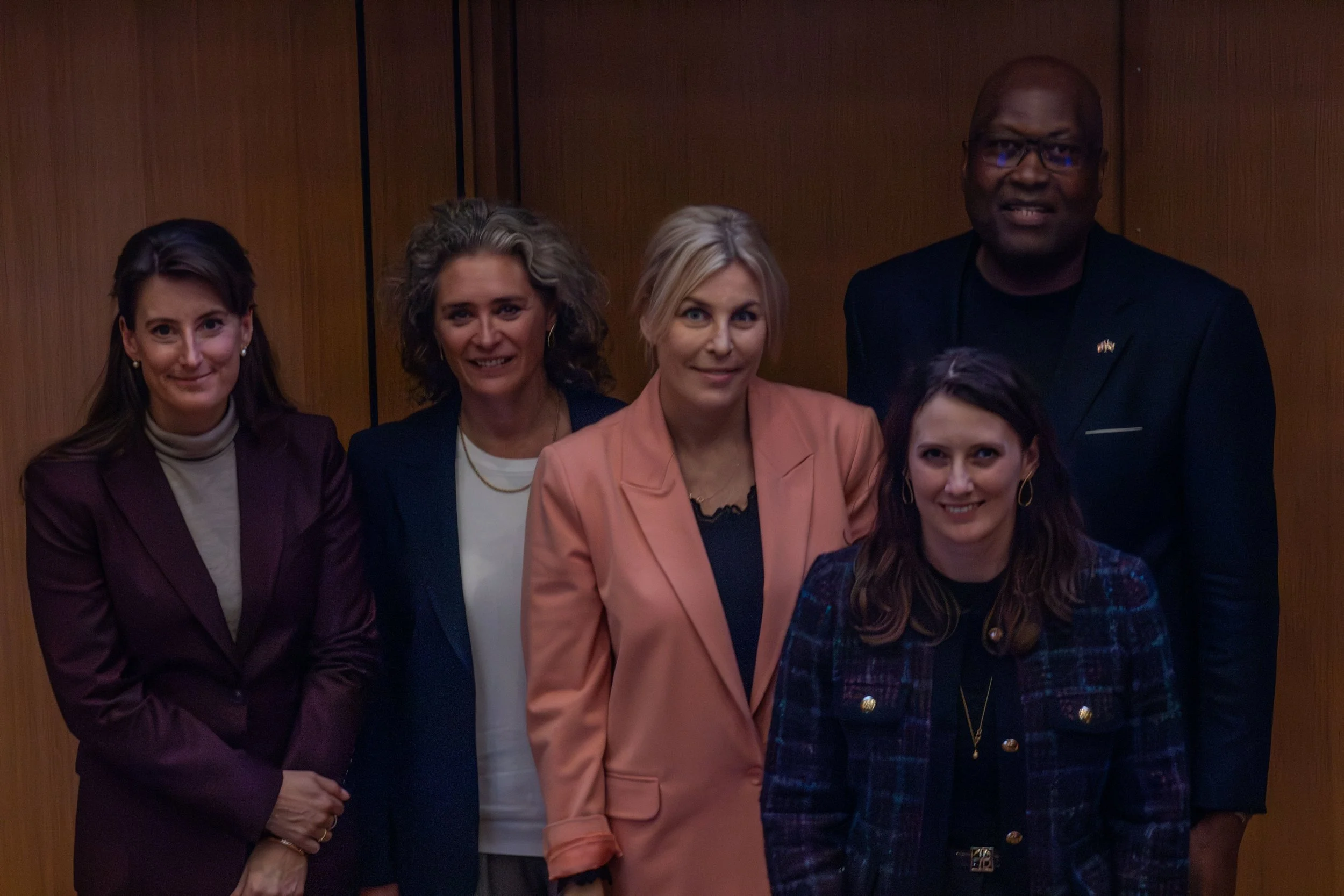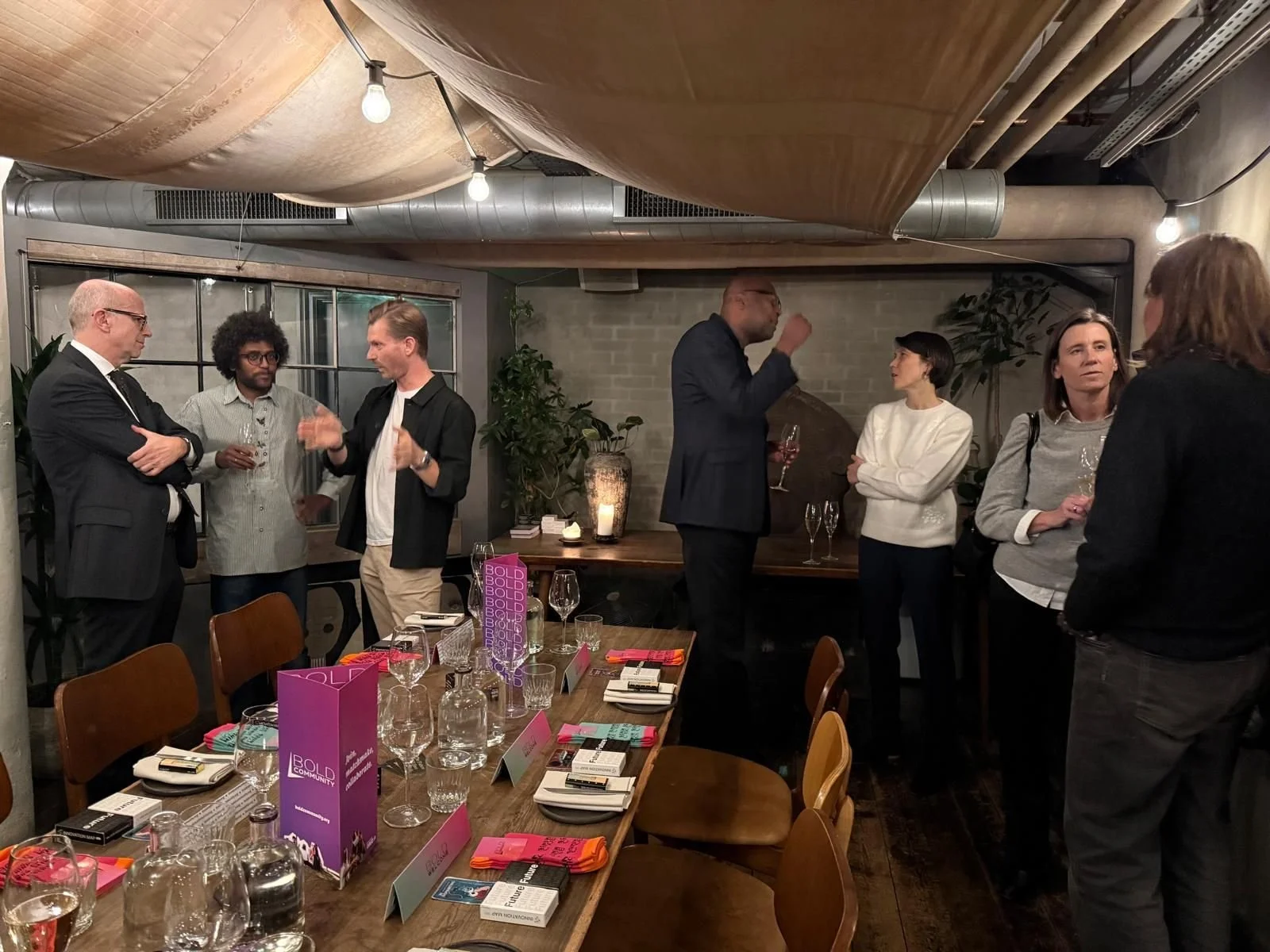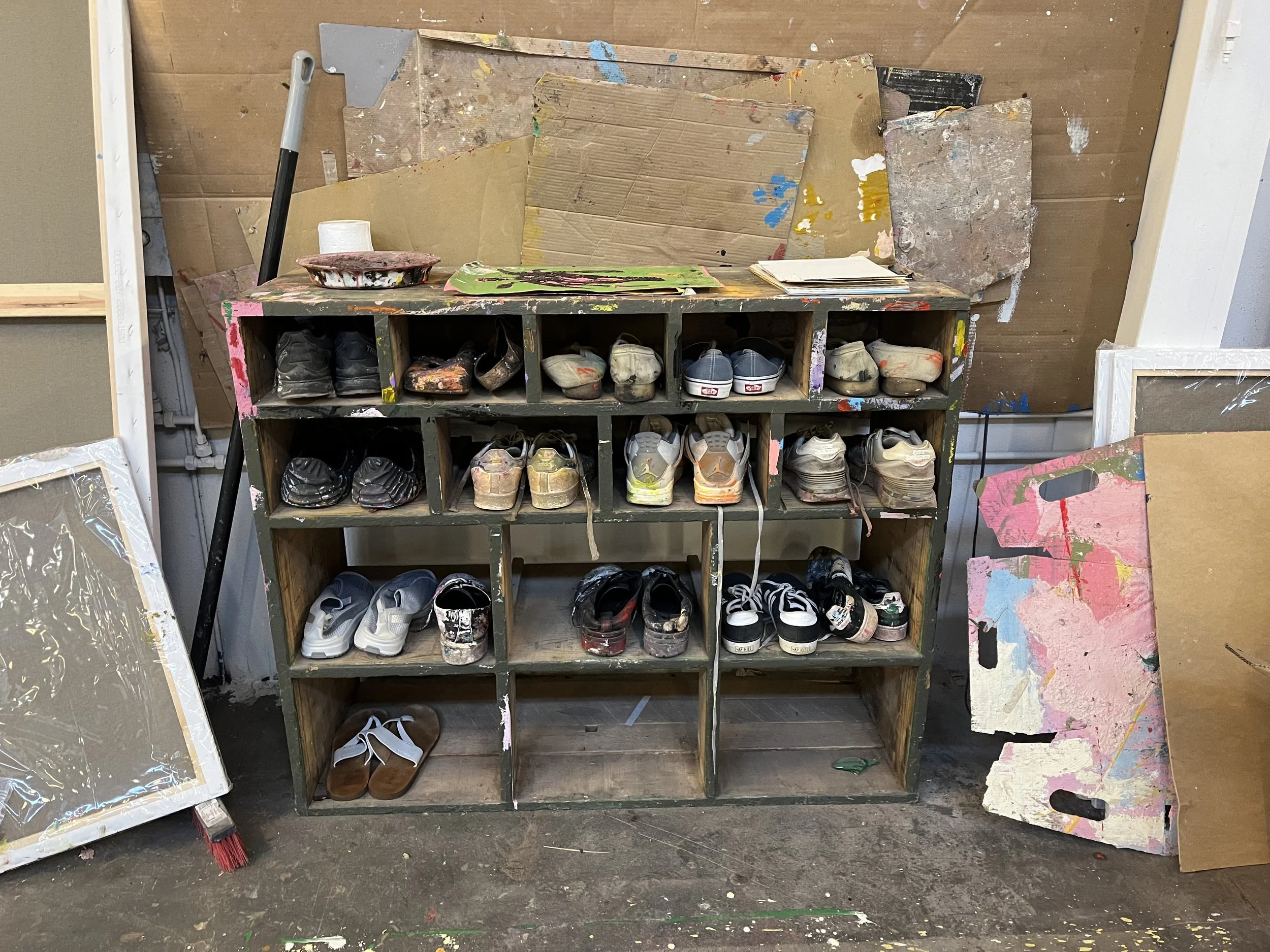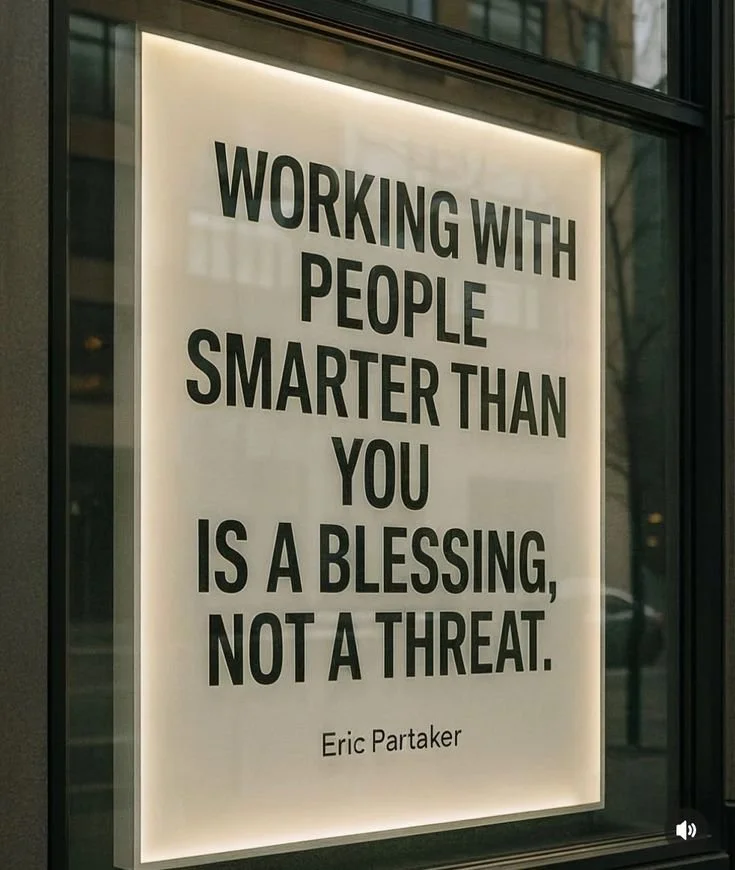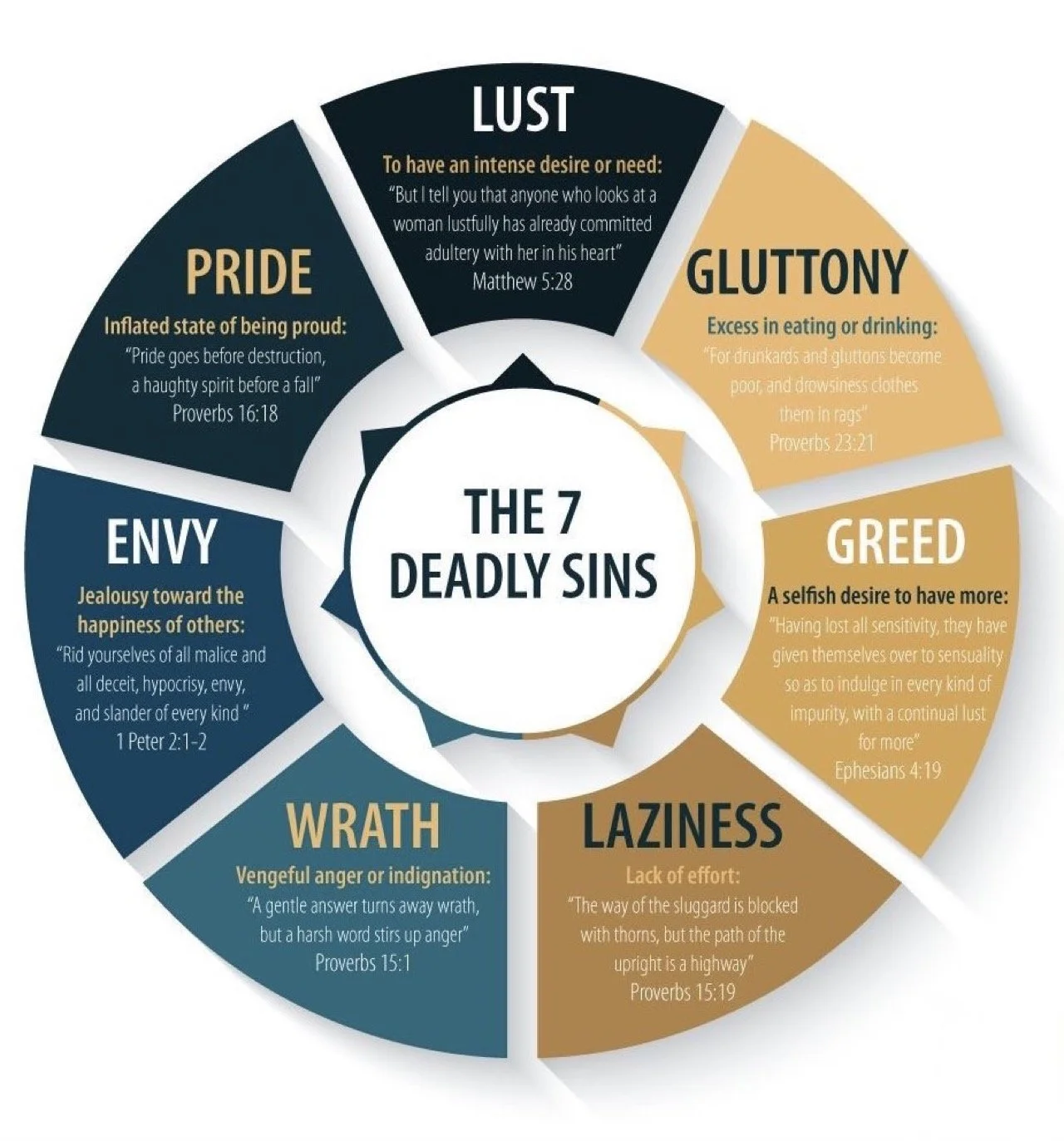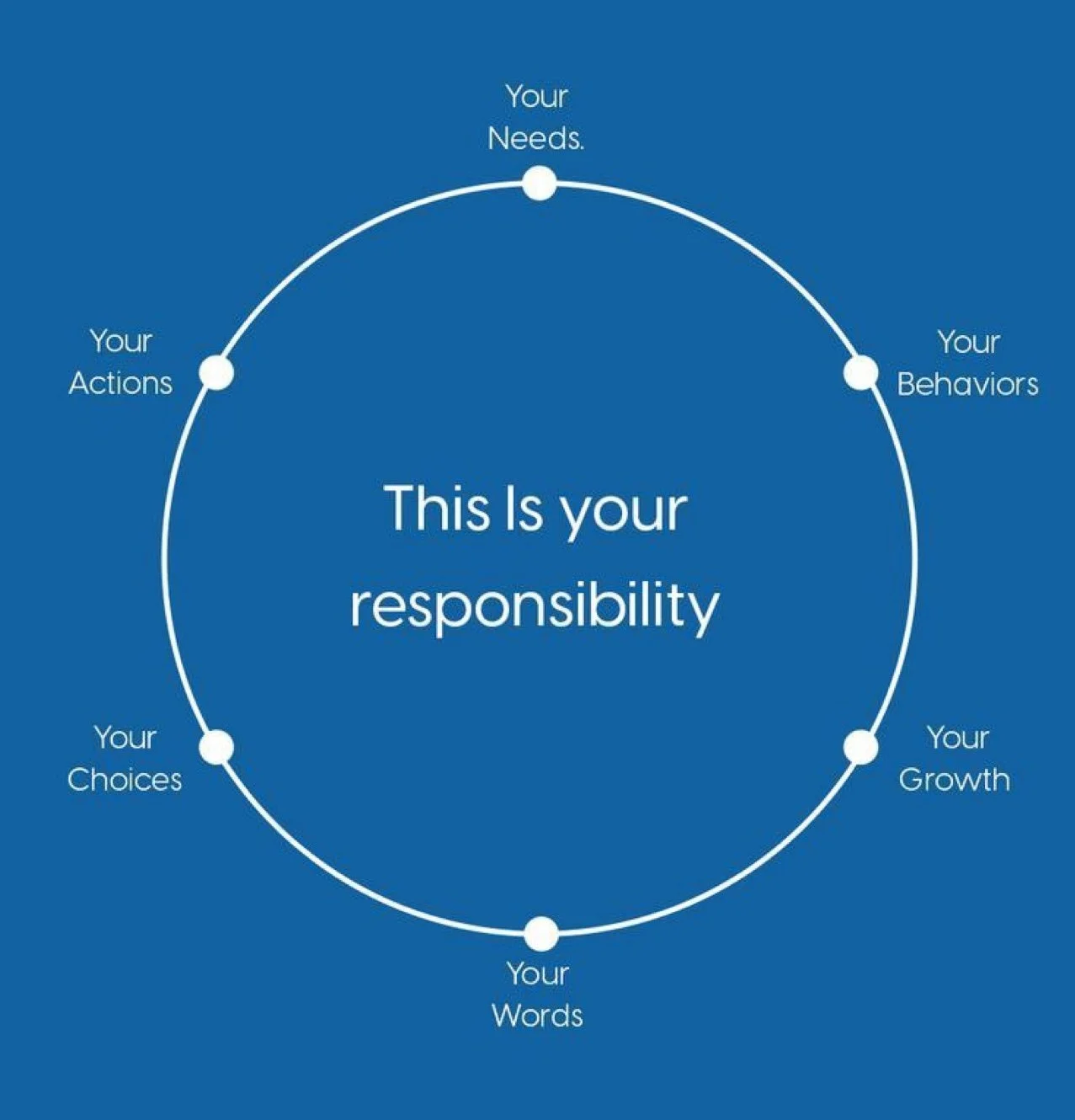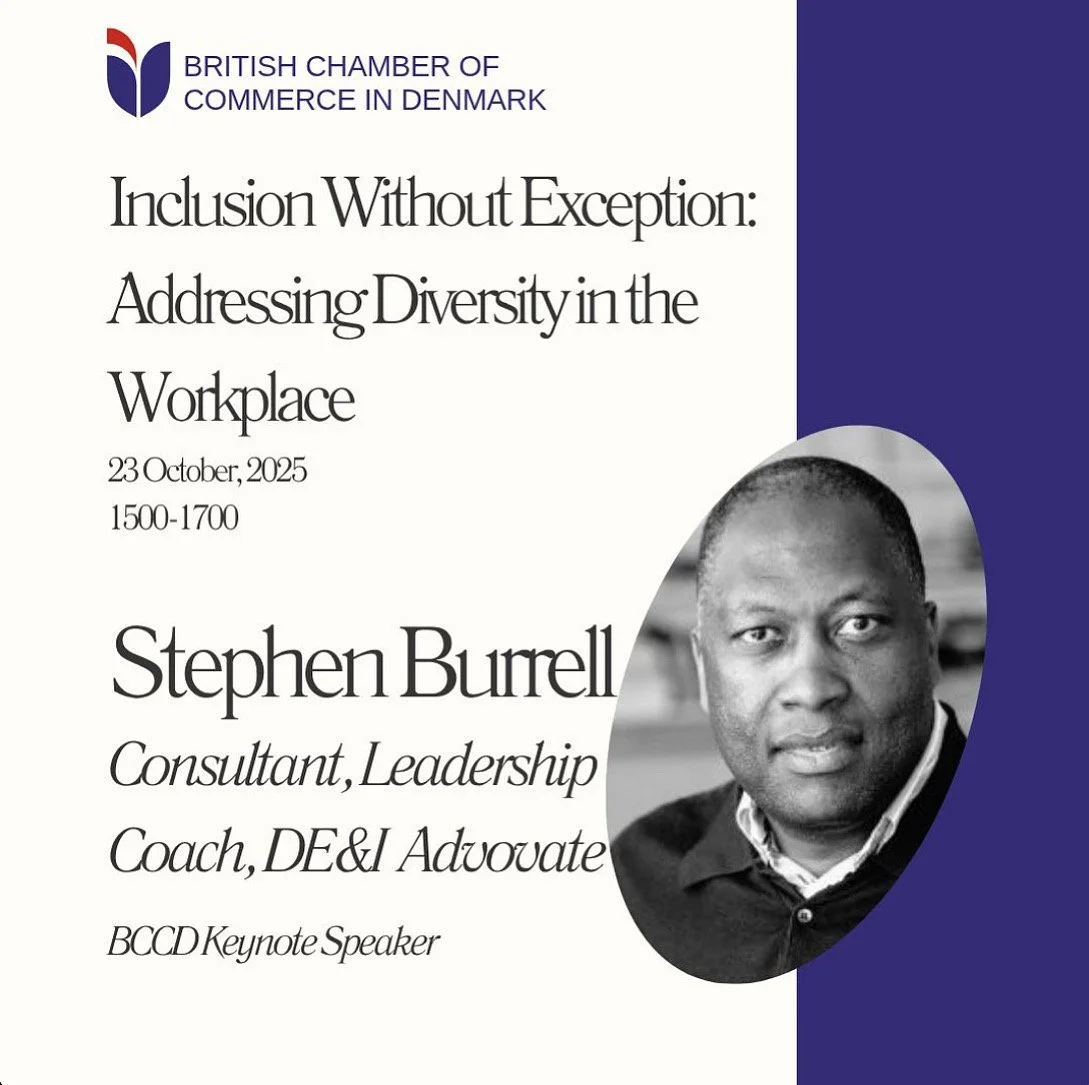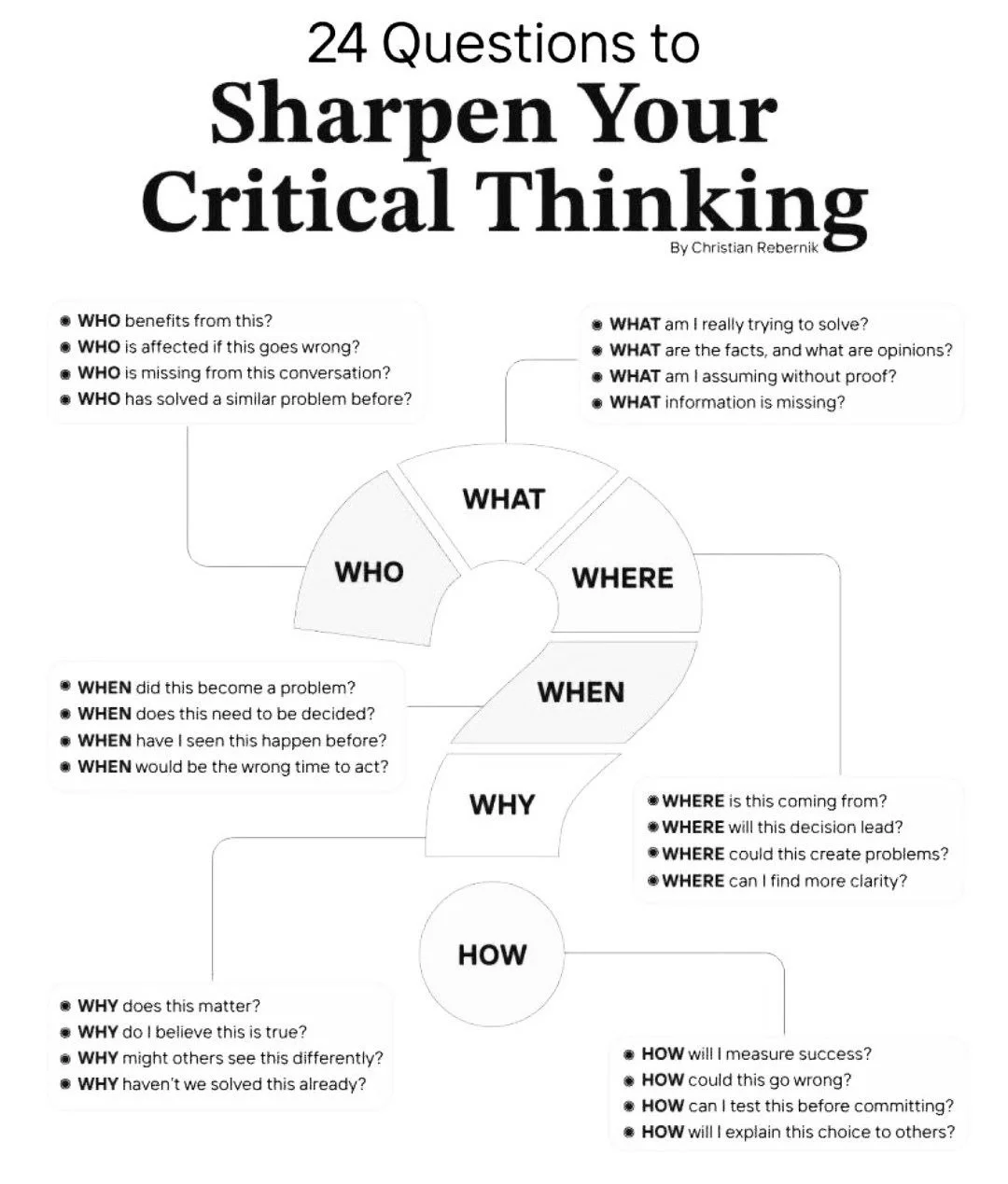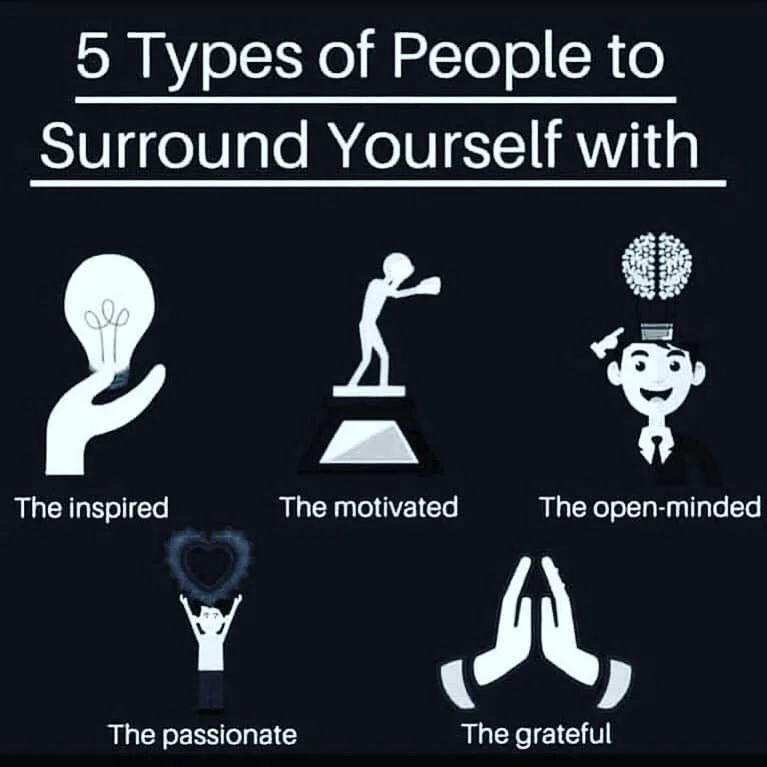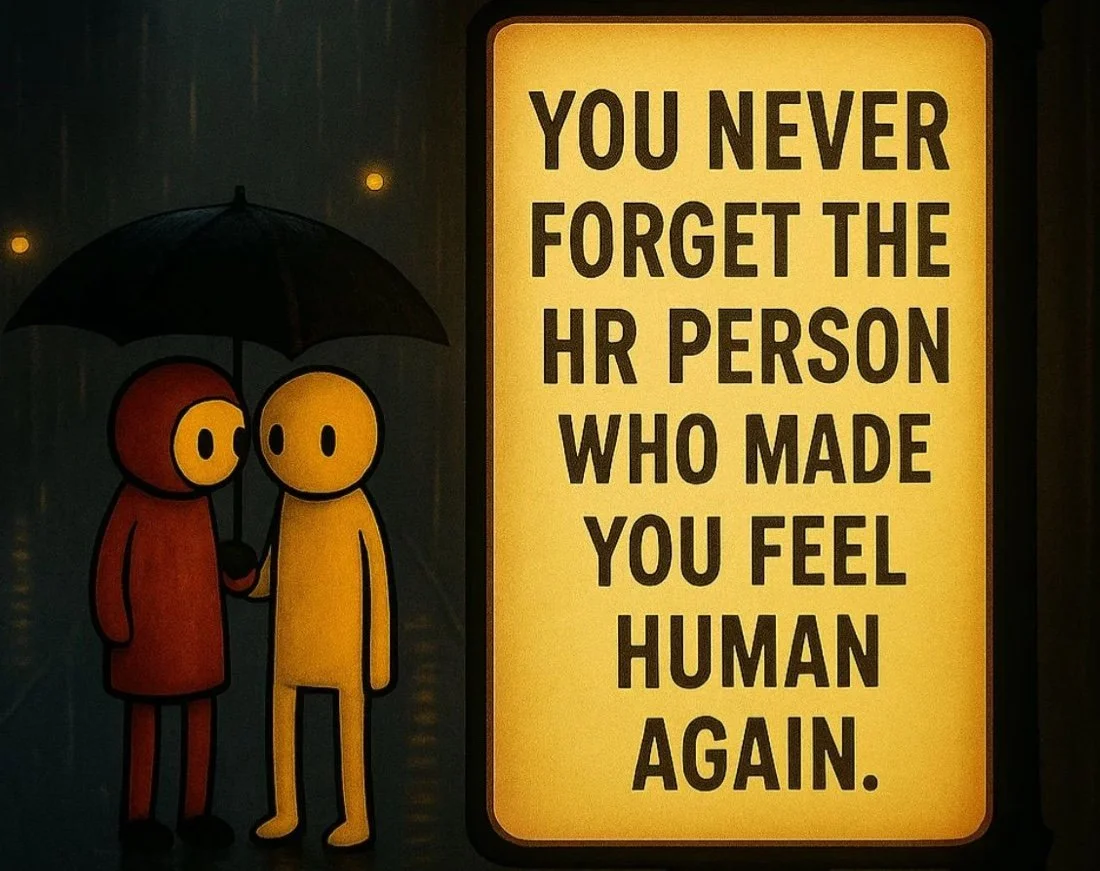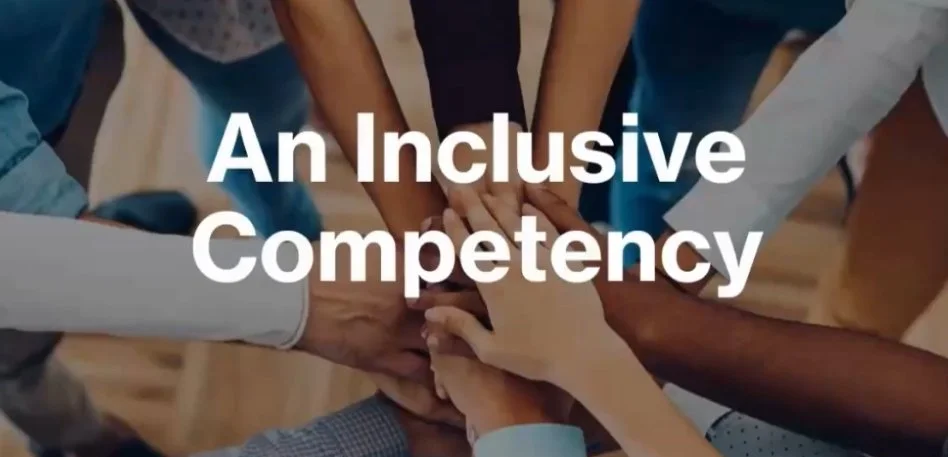Many people experience anxiety about making mistakes, often driven by longstanding habits or traditions. The status quo, “this is the way we have done it for years and we have to keep doing it this way” can reinforce the fear of failure. I think what truly troubles us is not just the possibility of failure itself, but the discomfort of admitting to ourselves that something we tried did not work as intended.
““Let go of who you think you’re supposed to be and embrace who you are.””


